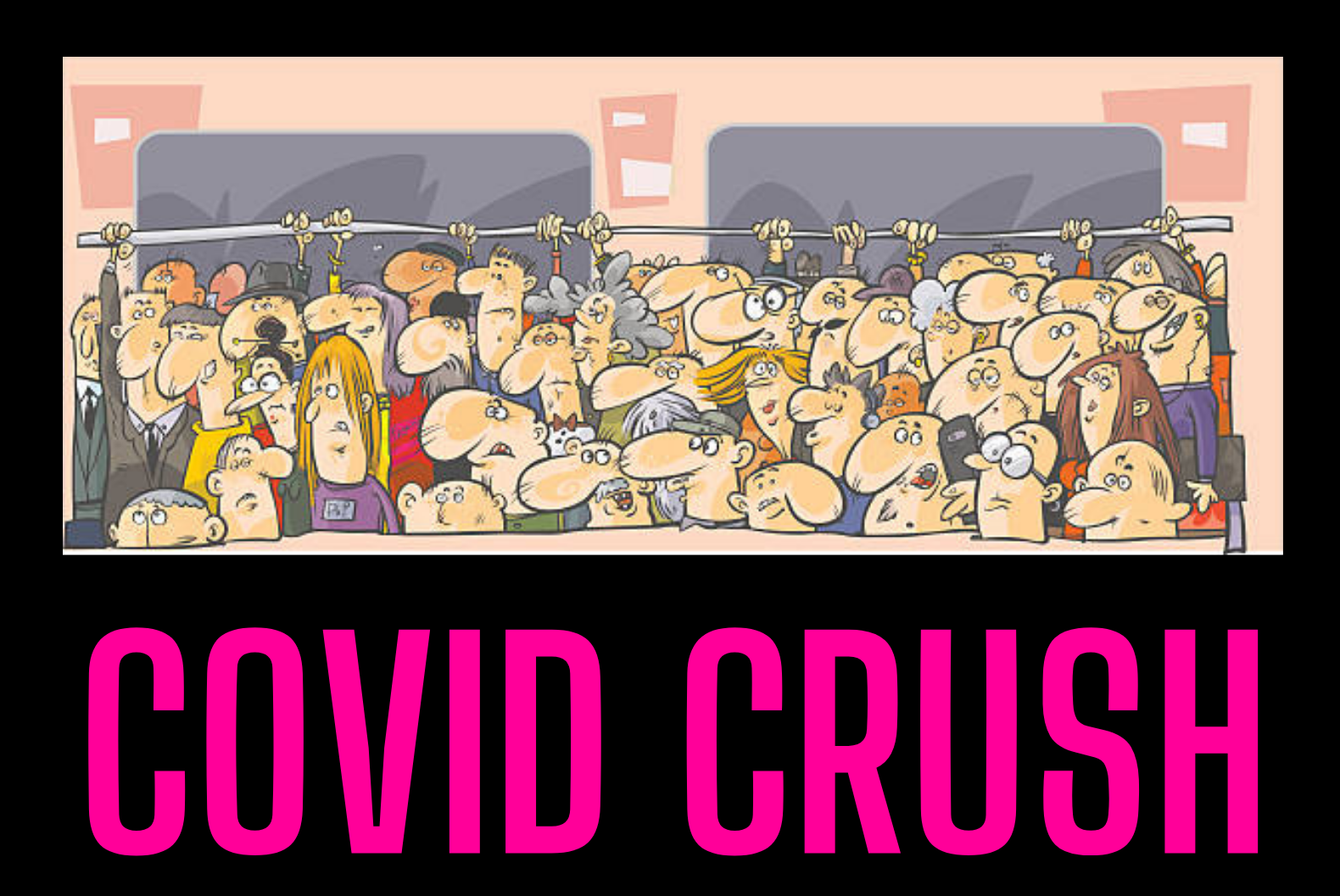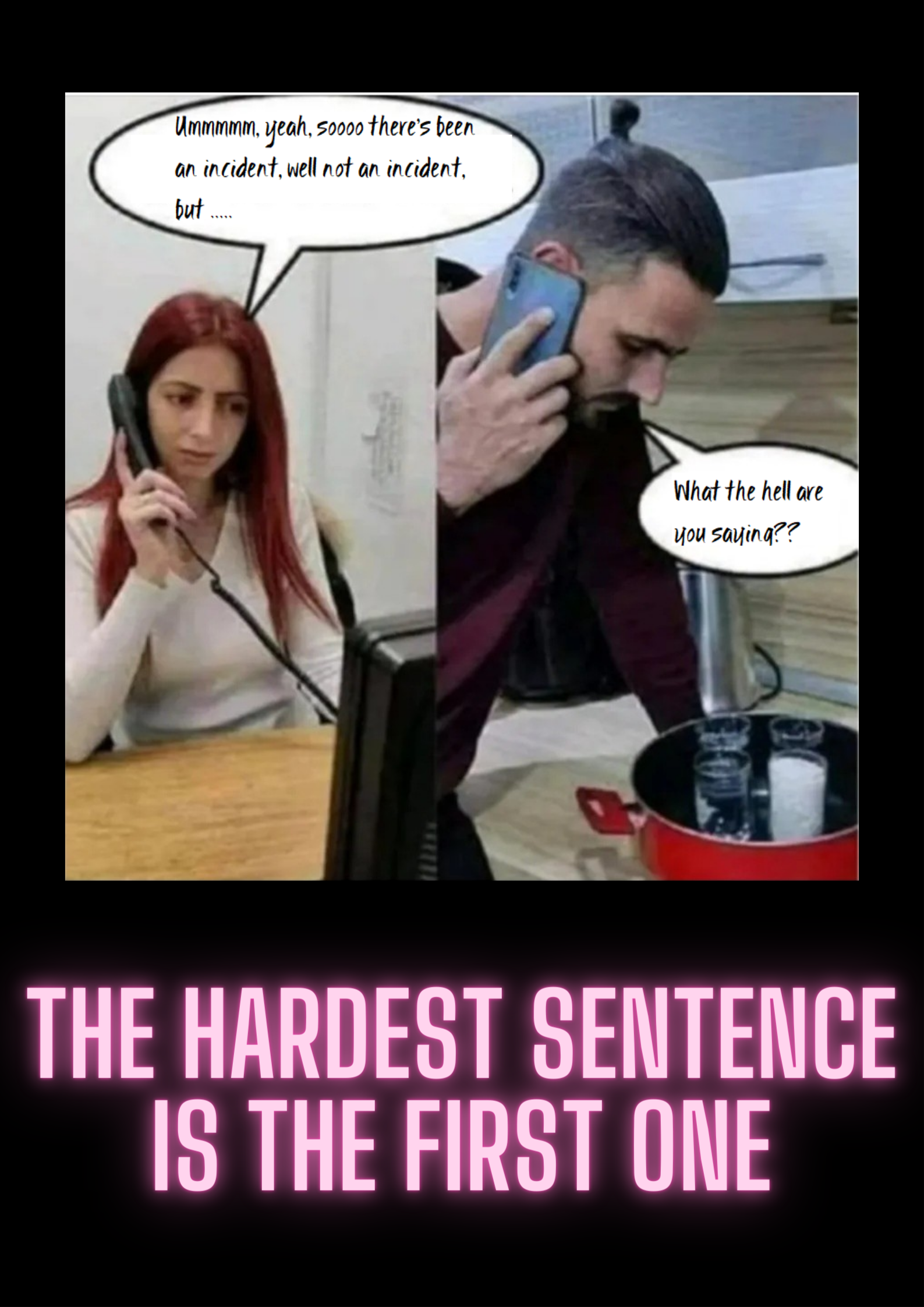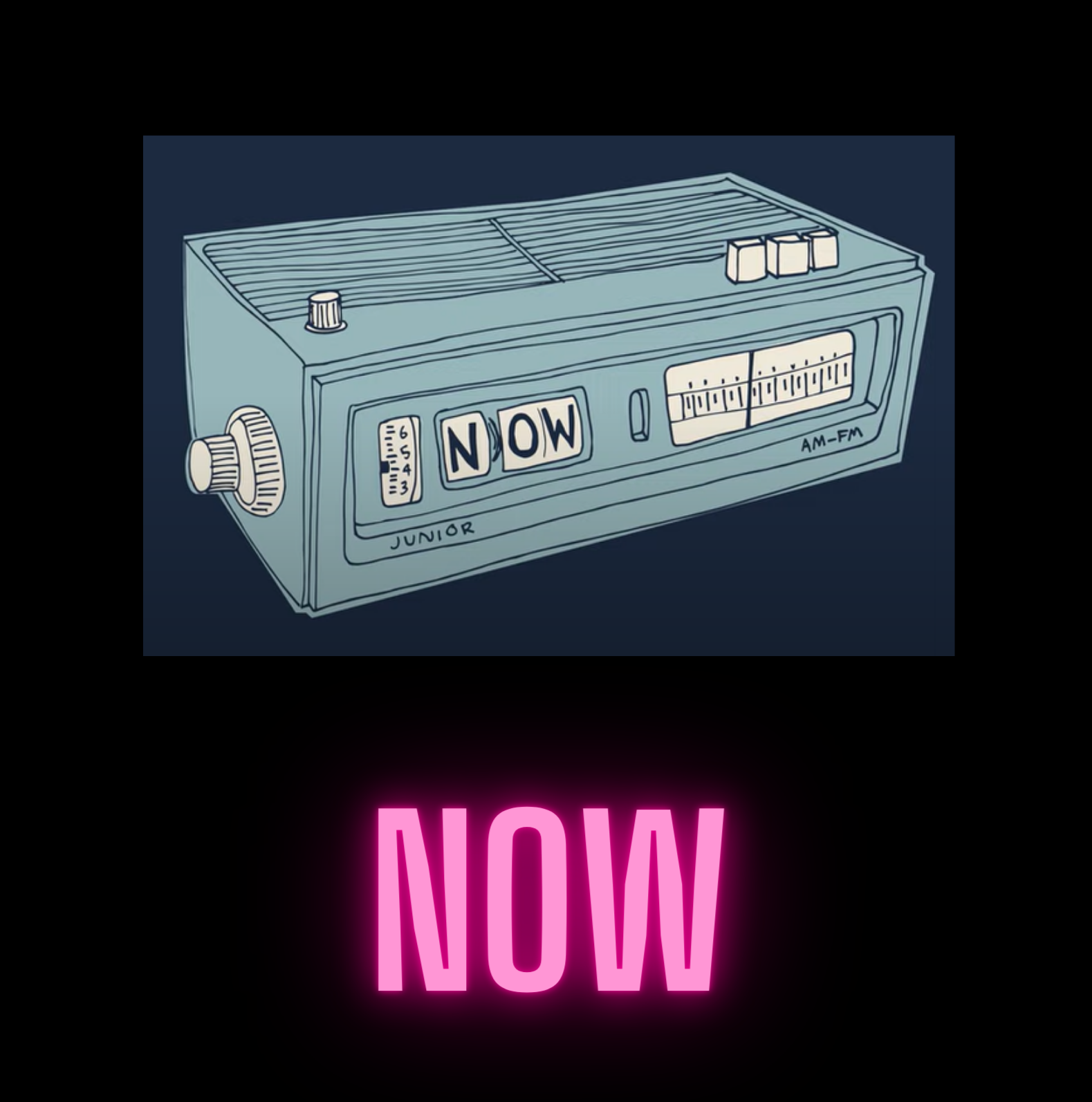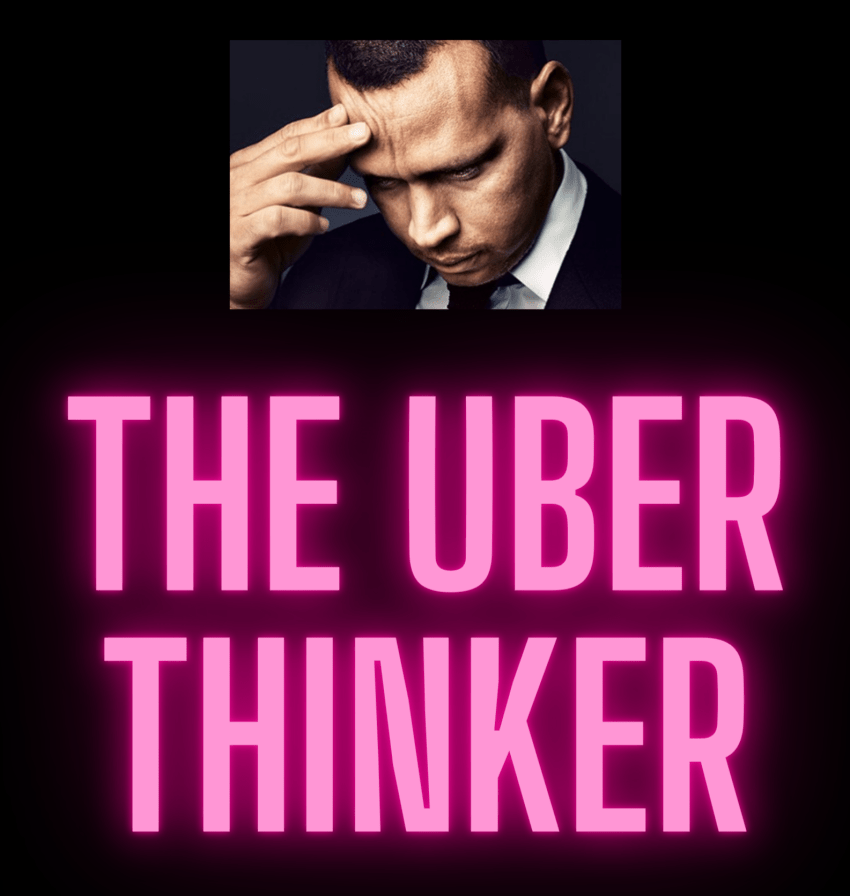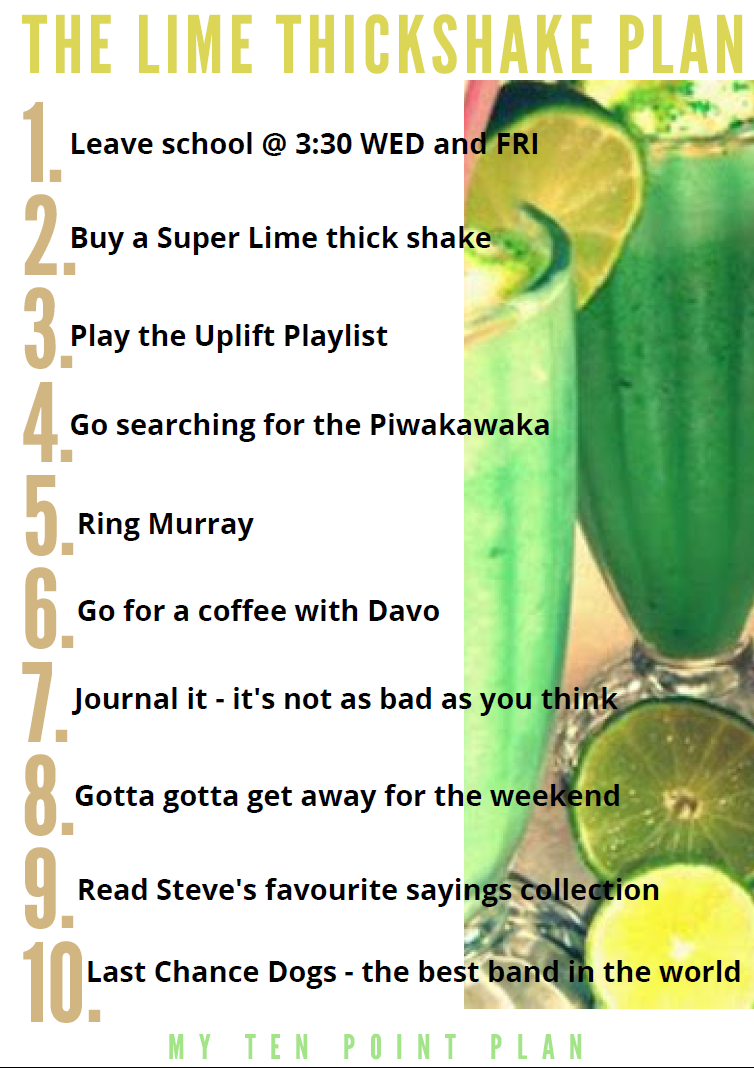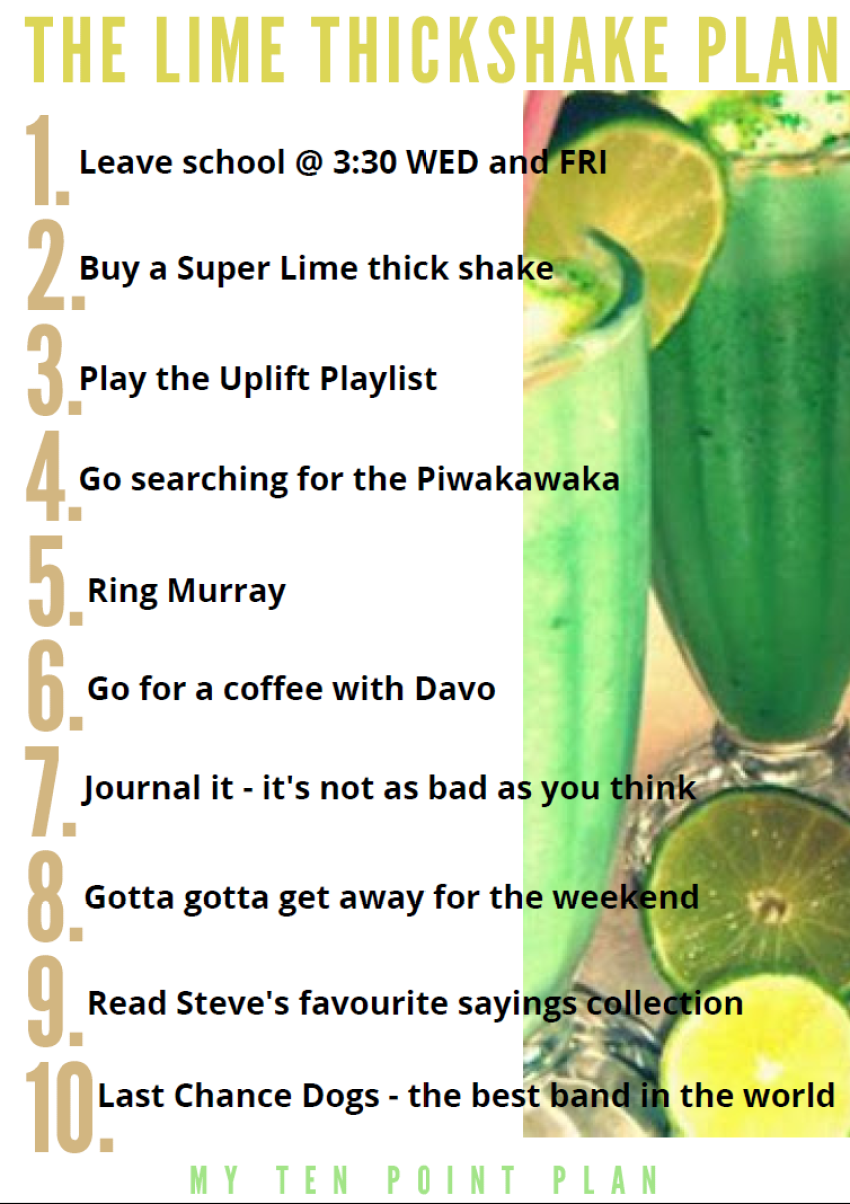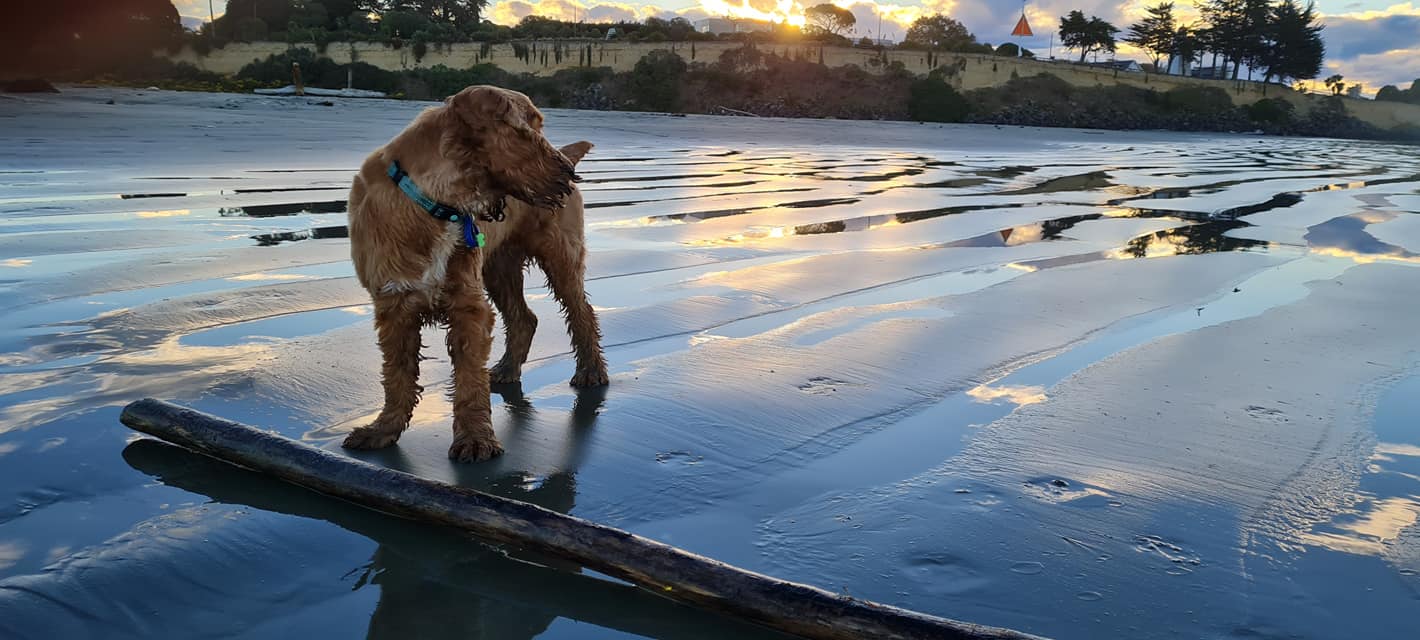
.
Woah! I don’t know about you, but recently it has been a bit of a challenge. Ok, so I’m underselling that – it’s been a nightmare.
Recently I found myself working with a boy who needed a hand. He had two “go-to” emotions that underpinned all of his own challenges. He was either angry; white heat angry, or he just didn’t care about anything and would shut down.
I chanced upon the old Cherokee Two Wolves proverb that goes like this (thanks Michael Fletcher)
“There is a battle of two wolves inside of us all. One is evil. It is anger, jealousy, greed, resentment, lies, inferiority and ego.
The other is good. It is joy, peace, love, hope, humility, kindness, empathy and truth.
The wolf that wins?
The one you feed”
And I wondered if this might be a good thing to work on with my new pupil. The emotion that he was willing to feed the most was the one that became the strongest. In this case it was anger, and that was what he went to most often when times got challenging.
I began to wonder what this proverb might look like if it was transported into a New Zealand perspective. I wondered what this could look like from a Maori perspective and so I wrote Hinemoa’s Kurī.
Recently I was reading Hinemoa’s Kurī again and it struck me how it could be used as a tool in helping principals and leaders. Times are incredibly challenging at the moment. They are likely to be for a while yet longer. Maybe, just maybe it’s worth taking time to consider which kurī (or wolf) that you are feeding. It might make a difference in how you get through this time.
Steve
. . .
The coconut trees in Hawai-iki swayed gently in the breeze. Some of the villagers had come down from the kumara plantation to see the fleet off. They lay quietly in the shade of the trees swatting little flies, many bemused at what they saw in front of them.
Why would anyone want to leave this paradise?
Hinemoa looked over her crew. She hadn’t hand picked this group, that job was for the great Ranginui in the Sky, but she felt confident that he had chosen wisely, because that was what he did. Day in and day out.
“We should’ve left yesterday,” mumbled Wiremu, as he threw a bone to his dog.
Hinemoa laughed to herself, “Aie! Wiremu is always feeding his kurī with something.”
The waka was resplendent in its finery. It might be a cliche’, but it was true. It was the best that could be afforded; a mighty sea vessel that could cut through the currents, and climb the highest of waves – well, for a time anyway, because there was no knowing how long this journey would take. On the calm waters of the lagoon it looked like it could and would take anyone to the edges of the world and back again, all in safety.
Across to the horizon one could see glimpses of waka who had already left. On the beach some remained behind, maybe to leave tomorrow, or the day after.
“If we don’t get going now, then we’ll have to wait for tomorrow,” said Wiremu, throwing another morsel to his dog.
It was about now that Hinemoa noticed the second dog behind Wiremu. A sleek, beautiful and charming beast she was. Her eyes glistened like the sparkle on the ocean. Sadly it didn’t look as though she ever got much to eat. The bigger dog took everything that was thrown in the air, snarling and snapping in an agitated fashion. His eyes were dark, and deep, like the darkest deepest thing that could be imagined.
Hinemoa tried not to look any deeper, however at the bottom of that depth lay a glimmer of fire.
Most of the ship crew had kurī. The majority of them had two. Invariably one always appeared to be doing slightly better than the other one.
Towards the far end of the waka, Hinemoa could see Ataahua. Ataahua was moving a small group of tamariki into position near the bow of the boat. Beside her sat the most beautiful kurī that she had ever seen. Her coat gleamed even from far away. And as the crew moved food and parcels around her, not once did she growl or move out of position. This dog was exceptional.
Soon it was time to leave. The people waved their goodbyes, and promises to be back before too soon, were made by all. They walked back up to their villages in the knowledge that they would never see them again. This was paradise, so what did they really care? Hawaiki was their home and a stable population meant good times for all.
The waka pushed off into the lagoon and made its way out from the safety of the reef and into the wide open ocean. A favourable wind picked up and for a while or so the waka crew didn’t have to do a lot of mahi to move the boat along.
Spread out amongst the crew, Hinemoa eyed her Kaitiaki. These were her lieutenants who had spread themselves carefully throughout the length of the waka. Beside each one they fed their kurī and made sure that their part of the waka was all comfortable.
Hinemoa could also see some of the others who easily could be Kaitiaki themselves. They too were strong and wise and she could see the passion of the journey in the palms of their hands. Up the front Ataahua stood, the breeze and spray of the ocean washing over her face. Her kurī sitting obediently beside her. Hinemoa couldn’t help but wonder what the secret was to keeping such a fine looking beast.
Hinemoa took control of the rudder, turning the boat towards the south west. She couldn’t be sure but she thought she caught a whisper in the wind that said; “It’s far too early to turn south west now, we should wait a couple of days..”, and then the sound of a kurī munching on a bone.
____
The first few days were uneventful. The waka behaved as it should and the outrigger kept the boat stable and in touch with the ocean. The sail billowed and pushed the waka towards the south west. The fishing was good, and for the most part, people were happy.
“Tell us more about this land, Hinemoa,” cried out some of the crew. “What can we expect when we get there? Is it true that there is more than enough for us all and the other great crews?”
Hinemoa had a vision, but she wasn’t too sure of what it looked like because she’d never been there before. She fed one of her kurī, took a deep breath and proclaimed; “The whenua is long and beautiful. It is full of kai in the ocean and kai in the forests. The birds sing like nothing on earth and there is more than enough for everyone. We will live in peace and we will be happy and safe.”
“How long will it take for us to get there?” yelled someone from the front of the waka.
Hinemoa fed her kurī again and stepped forward, “It will take us as long as it takes. There will be times of uncertainty, and you’ll wonder if you’re on the right waka and on the right course. But before too long you will be there, and you’ll use your hindsight to wonder what you were worried about.”
“Pfffft,”she heard Wiremu grumble, “she obviously has no idea where we are going”. His snarly dog gulped down a morsel.
As time went on Hinemoa noticed that Wiremu had the ear of a good portion of the boat. She also noticed that quite strangely all of their kurī seemed to be being fed the same morsels.
This became more evident the further south they travelled. The waves grew bigger and the winds began to blow the waka all over the ocean. The eye rolling, and mumbling became more noticeable as each day wore on.
At night the crew began to shiver, and everyone huddled in close. There they found comfort but also a conflict. Those who needed to move from the group to do the mahi were forced to move from the warmth.
“Hinemoa! Why is it always me who has to work on the weathered side?” asked a crewman feeding his kurī.
“Hinemoa! I am tired and I can’t see this land that you talk of!” asked another crewman as he too threw a bone to his kurī.
Hinemoa tried to be positive and upbeat, “Keep going everyone, keep going! He waka eke noa! We’re all in this together and the power of our waka is in the fact that we are one and only one!”
She looked over her crew and saw them nodding and she felt a sense of appreciation and support flowing her way. She turned and fed her other kurī who beamed back with much aroha.
Hinemoa loved her people and all at once she felt at one and at peace with them all.
But to her left she sensed something was amiss. There was a group huddled near the sail. They were talking in hushed but agitated tones. Hinemoa tried hard to hear what was being said, but the force of the wind took the words and flung them across the white tips of the ocean. Their kurī howled in the wind and the onlookers looked in fear.
Suddenly Wiremu was beside her.
“You actually don’t know where you are going do you?”, he hissed.
“You’ve got us out here in the middle of this damn ocean following some path that none of us can buy into, let alone support. You tell us nothing of worth, but instead feed us with this crap that makes no sense!”
He went on, while throwing bones to his bigger kurī.
“There is no land out there – we can not see it! All we can see are the waves getting bigger and the steam on our breath as the days get colder,”
“We should turn around, or at least stop this nonsense about heading south.”
And then he walked away.
Hinemoa gripped the rail tightly.
She fed her kurī well, and worried all night that everything he had said was true.
Maybe the land was nowhere to be found. Maybe they were best to turn around.
The next morning Wiremu smiled at her, “Morena, tis a fine day for sailing!, take a look over there!”
He pointed to the north east. In the distance a waka shape had emerged on the horizon. A slight hazy like whiff of smoke could be seen in the sky above it.
“See what I mean, a slight change of course and we will be where we should be. That looks like Manaaki’s waka. She’s always on the right track. Let’s go over there. I’m sure they’ll know how to get where we are going.”
For the briefest of moments Hinemoa thought that Wiremu had fed his smaller kurī. But she couldn’t be sure.
For a day and a half Hinemoa tried to guide her waka towards the other one. However, just when she seemed to be getting closer, it seemed that the other boat would disappear.
For a long time on the third day the waka couldn’t be seen at all. A fog had descended and Hinemoa began to doubt that the smoke had ever been a fire, or that there had even been a waka. She fed her kurī double that night and turned the other way when her smaller dog asked for attention.
Finally on the fourth day Hinemoa caught up with Manaaki’s waka. The fireplace on board no longer smoked, and as Hinemoa got closer they all realised that there was no one on board. Not a soul. It was like they had all stood up and stepped off – into the deep blue of the ocean. Where had they gone?
Wiremu was the first to say it, feeding his aggressive kurī at the same time, “We could’ve been here two days ago if you hadn’t faffed about. We could’ve saved these poor souls.”
Others around him stood largely in silence rolling their eyes and making grunting assurances supporting Wiremus’ words. They all fed their kurī and Hinemoa couldn’t help but notice how big these beasts were all becoming.
Ataahua made her way down from the bow of the waka. Her kurī followed her respectfully, and everyone watched and admired this beautiful couple. It was almost as though they were floating across the waka – like they were reveling in the air between each step instead of worrying about the constant pounding of each step placement.
“Thank you Hinemoa for all that you have done for us,” she said, somehow managing to feed both Hinemoa’s kurī and her own kurī at the same time. “You have gotten this far and we are all safe and we are all sound, and that I applaud.”
“I am so glad that I am in the same waka as you,” and with that she walked back to the front of the boat.
Her kurī stopped for a moment – just a short time, but time enough for Hinemoa to read the name tag around the dog’s neck; Aroha.
“You really should come to the front of the waka sometime. The tamariki would love to see you,” yelled Ataahua so that she could be heard above the sound of the waves.
Well that would indeed be a fine thing, thought Hinemoa. I really must try and get to the kids. I need to make more of an effort.
Hinemoa knew that the gruesome discovery of the soulless waka wasn’t good for anyone’s morale, but she pressed the boat on, heading back to following her star towards the south west.
For a long time the waka went about her work in silence as the discovery and the implications seeped into the pores of its riders.
“Where did the people go?”
“ Why did they leave?”
“ What drove them to this?”
It wasn’t long before thoughts of Hawai-iki were back on everyone’s minds. There they had been safe. There they could feed their kurī and all was well.
Here on the ocean, they were just a mere full-stop on a page, floating to a destination that was unknown, on the whim of the weather and the reputation of their unproven sailor leader, Hinemoa.
Hinemoa held the tiller and fed her kurī.
The boat slept in fits and starts and from time to time looked to feed their kurī.
In the morning the sun rose and it seemed as they headed further south that Maui had indeed done a fine job with the sun in slowing him down. The days seemed just that bit longer and the nights were just a bit shorter.
What would Maui do if he was here, wondered Hinemoa.
For a couple of days things were fine. The wind picked up and progress was good. Although Hinemoa wondered how progress could be measured when really she had no idea how far she still had to go. Progress towards what? She wished that there was someone else she could ask, someone who might even have a little bit of knowledge.
She knew that there was one way to alleviate her doubts for just a little while, and so that evening she headed to the bow of the waka to talk and connect with her tamariki.
She was met with great excitement!
“Oh Hinemoa! Our great navigator!!”
Hinemoa sat down with the children and listened to their worries and their dreams. She knew that it was important to feed their dreams and not their worries, so she spent the time pinpointing the stars of Matariki in the sky and the wonder of each of Tāwhirimātea’s nine eyes..
“That one there is Ururaki,” she pointed, “ She helps blow us towards our destination. She will take us somewhere safe and warm!”
“And over there, well that is Hiwa-I-Te-Raki – she is all about our hopes and dreams. She is what drives us forward!”
Hinemoa spent time talking about how the stars helped her navigate the waka, and how they gave her direction.
And then as the night wore on she told the story of Ranginui and Papatūānuku and how the world was separated from the sky.
As she told the story, the tamariki looked up at her in awe and wonder.
“Out of the chaos of the separation came a beauty and a calm,” she told them, “and from that we can learn that even though there might be hard times, there will eventually be good ones as well.”
“It’s a bit like cutting up a beautiful kumara to make chips!” exclaimed little Tia.
“What do you mean?” pressed Hinemoa.
“Well, you take a kumara, and it’s like this beautiful piece of kai, sitting in your hand. And then you take to it with a knife and you cut and you cut and there is chaos all around! But then once the chaos is over, you have beautiful chips!”
Everyone laughed. And then they laughed some more.
“That’s exactly what it’s like Tia,” said Hinemoa, “what a ka rawe way of putting it.”
Hinemoa made her way toward the back of the waka feeding her smaller kurī and wondering why she didn’t do this more often.
____
The next day she woke to find her Kaitiaki looking at her.
“We are here to report to you on some of the things happening on the waka,” said Rawiri.
“We don’t want to alarm you, but there seems to be a little group who are being more than mischievous in their endeavours”.
Hinemoa wiped the sleep out of her eyes. She wondered how long she had been sleeping, and felt a pang of guilt. This news of mischievousness did little to help her anxiety.
Beside Rawiri sat patiently his kurī. He obviously had been feeding it well. The dog was a splendid beast, yawning and beaming in the sunshine.
“What a fine kurī you have, Rawiri,” said Hinemoa, “But where is your second dog?”
“I don’t have time or need for a second dog,” he replied. “I’m more than happy to feed one kurī,” he beamed.
Hinemoa bent over to pat the dog. His collar sparkled in the sun, his name proud for everyone to see; Patience.
“Hinemoa, we are worried about some of the things that are being said,” said Manawa. Her two dogs looked unsettled beside her. One of them was larger than the other, Hinemoa stretched to read her name, but really didn’t want to get too close.
“They don’t even listen to you anymore,” she went on, “They think you care only for yourself, and some of the things you have been saying, well, they think are just a little bit odd.”
Manawa kept talking, “It’s got to the stage where they think you have no idea where we are going, and they think you don’t even care.”
Rawiri added quickly “It’s not all bad, I think this is grossly unfair and someone is undermining you on purpose.”
Hinemoa quickly fed her two kurī and was instantly surprised as to how one seemed so much bigger than the other.
“We need you to step up and be more of a leader,” said Manawa. Her dog bristled beside her.
The four Kaitiaki turned and left, heading to their different points on the waka. On the bow shone Ataahua – yes, shone. Her kurī stood proud beside her.
I need to talk with Ataahua, thought Hinemoa and off she went.
She picked a path through to the front of the waka mumbling to herself, “What was Ranginui thinking when she chose this crew for me?”
As she neared the bow Wiremu suddenly stood up in front of her. He was menacing, but his kurī was worse. The dog snarled and let out a violent bark that seemed to shudder the whole boat.
“Have you seen the state of this?” he asked, pointing to the flax ropes tying the balers to the side of the boat. “We’ve lost three balers over the last week, and it’s because there’s no-one showing enough care on this damn boat. These flax ropes are a shocking disgrace! I bet you wouldn’t get this on any other waka!”
“We can’t go on losing balers. At this rate if a big storm came along and we had to bail out the waka quickly we’d be right up against it. Show that you care for our lives and get someone down here to fix these flax ropes that keep these bailers from washing away!”
He spat the words out with such indignation that Hinemoa had difficulty in keeping on her feet. The swell of the sea matched the swell of emotions circling in her mind.
“Why don’t you see these things!” He yelled.
At that point Ataahua stepped up. “You walk past these ropes every day Wiremu, but yet you’ve done nothing yourself. You’ve chosen to take, take and take but never thought to give. Why haven’t you chosen to give some time and look at the ropes yourself? And that dog that you feed is out of control and threatens to take us all to the depths of the ocean if you don’t get it under control.”
She said these words with much force, and yet beauty. There was no anger or aggression, just a commentary that Wiremu had nowhere to go with other than to step back and turn away.
“Thank you Ataahua,” said Hinemoa. “How did you manage that?”
Mysteriously she turned around and said, “It’s easy when you know which kurī to feed,” and with that she was gone, back to her tamariki and the sunshine that was still beaming across the bow.
Hinemoa turned around, looked at the flax ropes and felt a pang of regret for not seeing this beforehand. Did this really mean that she didn’t care? Before she could answer, four crew members turned up and began mending them. Each of them had a small but beautiful kurī at their side.
By the time Hinemoa had made it back to the stern of the waka the weather had taken a turn. In front of her a huge cloud bank, as long as the horizon and as high as Ranginui’s belly (the sky god), threatened with lightning bolts and thunder claps. The sky began to ominously darken and a chill began to fill the air.
To her right the outrigger began to loosen in the growing wind and the building swell. This wasn’t a good thing. The outrigger was designed to give the waka greater stability, especially so in strong seas. Someone would have to swim over and make sure the outrigger was up to the task.
Hinemoa knew that there was one person who had both the swimming strength and the skills to get across safely and to secure the outrigger in time for the storm. But it would be a close call.
“Wiremu!” she called.
Wiremu was still feeling aggrieved and slighted from his run in with Ataahua. He looked up with a grunt, and tellingly his dog called out with a growl.
“Wiremu, I need you to swim across to the outrigger and make sure that everything is secure before the storm arrives,” yelled Hinemoa.
“Aie! I will go, but not because you ask me to, but because I do this for the good of the waka,” he answered back.
“I would expect nothing less,” called Hinemoa.
He picked up his kit, secured himself to a long piece of rope and dived into the ocean. Along with him jumped his two kurī.
Why is he taking his kurī with him, wondered Hinemoa? Can’t he leave them just for a short time?
Wiremu and his two dogs swam to the outrigger. His smaller dog hauled herself up onto the wood and shook the ocean from her fur. Wiremu pulled himself up and steadied himself so that he could do the mahi.
Soon Wiremu’s second dog made it to the outrigger and tried to pull himself up onto the canoe.
At each failed attempt the whole waka rocked. Hinemoa couldn’t believe how big the kurī had become. The weight of the dog trying to get up onto the canoe was beginning to have an impact on the stability of the whole waka.
Finally, with a bit of help from Wiremu, the kurī was able to climb aboard. But this didn’t really help anything – instead it made things a lot worse.
Everyone could hear the creaking and splintering sounds associated with wood and too much weight to bear.
“Wiremu, get rid of that dog, or else we’ll all end up in the sea,” yelled Hinemoa.
“It’s not the bloody dog”, he called back “It’s the fact that there’s been no maintenance done on this outrigger since we left Hawaiki – it’s like I said this morning – YOU DON’T CARE!”
Suddenly one of the flax ropes holding the front of the outrigger unraveled and both the outrigger and the waka took a dive into a wave, sea water cascading over the gunnels and into the waka.
“Wiremu!! Get rid of that dog!” Hinemoa yelled. She knew that the dog was weighing not only the outrigger down but also the whole waka.
With that Wiremu picked up his smaller kurī and flung her into the ocean.
“There!” he yelled, “Look! It’s made no difference at all! I tell you it’s not my dogs, it’s your incompetence!!”
A tear flowed down his cheek. “I love you little Forgiving,” he called to the kurī who was now drifting away from the waka and into the teeth of the storm.
Another snap! And another rope gave way. The weight was still too much. The whole outrigger was threatening to break away entirely from the waka putting the lives of everyone on board in a precarious position.
Overhead the storm whipped the skies, and the ocean danced in waves ever higher to the beat of the thunder.
“Wiremu! Get rid of that dog!” yelled Hinemoa.
“Why does that kurī mean so much to you???”
For a moment Hinemoa thought she could see terror in his eyes. The outrigger was threatening to snap not only from the mother waka, but from the world in its entirety.
He could see no way out.
“Fine!” he yelled, picking up his heavy kuri. He stood tall with the kuri over his head, straddling the edges of the outrigger. How he didn’t lose balance and fall into the ocean was beyond everyone’s comprehension.
Suddenly Wiremu began to twist and turn the dog above his head in a hurricane-like motion. So strong he was and so forceful in the rotations that the wind from the action whipped the sea up in a terrible tempest like frenzy.
The dogs’ howls at first mixed with the wind, and then took over completely. The kurī becoming at one with the storm, thrashing and riding over the storm, taking it to another level completely.
Back on the waka the crew huddled in pockets unable to believe what they were witnessing, scared stiff in the knowledge that this was the end of time.
Hinemoa hung on for dear life. The waka crashing and spilling over waves as big as the biggest thing ever imagined.
All the while Wiremu continued to whip the kurī around his head. The noise and the wind building, building, building.
And then he let go. His kurī, fat and pig-like, flung from his hands like a lightning bolt straight from Te Uira. The kurī flew high over the waves and into the heart of the storm, never to be seen again.
The storm lashed and thrashed it’s way over the waka, it’s inhabitants holding on to anything that could save them and for hours on hours it seemed to everyone on board that they were all heading straight to Aituā, the god of death, disaster, and misfortune. It was only a matter of time.
And then suddenly it was over.
____
For a long time no one moved. No one dared to. Hinemoa lay there as still as she could. Exhaustion overcame the waka and everyone fell into a deep sleep.
When she woke up the sun was shining and standing over her was Ataahua and her kurī Aroha.
“Oh great Navigator,” cried Ataahua, “Look!”
She pointed to the west.
At first Hinemoa thought she was meaning the outrigger itself. Surprisingly it was still in tack. Yes there was a lot of wear and tear. It would need some work, but it was fixable.
She noticed that there was no sign of Wiremu. He had gone, vanished, disappeared.
But Ataahua wasn’t pointing this out at all. Instead she was looking towards a long bank of white cloud in the distance. At the base of the cloud one could just make out what looked like land.
They had made it! Where they had made it to, it didn’t matter. That problem was for another day.
As the rest of the crew woke up and saw what Ataahua and Hinemoa were looking at, excitement flowed through the waka.
Aie! They had done it!
Hinemoa pulled on the tiller and turned the boat towards the cloud. The wind picked up behind them and blew them all ever closer.
Beside her Hinemoa threw a morsel to her kurī – to the thinner one. She was surprised how good this kurī now looked. How proud and strong she was. How confident and assured she appeared.
Beside her Hinemoa’s other dog looked up with a pained, sorry look. Hinemoa couldn’t help but notice how ugly this kurī was. He was big now, but he was ugly alright. She wondered why she had kept him all this time, he had only ever been trouble.
Ataahua put her arm around Hinemoa’s shoulders. “You need to do what I do, and keep one kurī – and keep her warm and loved and fed”.
Hinemoa remembered that Ataahua’s dog was called Aroha.
“I feed Aroha all the time, and in turn Aroha feeds me. That’s all that I need.”
“Wiremu would have done well to feed his good dog too, instead of feeding Anger all the time”.
“Anger?” queried Hinemoa.
“Yes, Wiremu fed his Anger, all of the time. Nothing was ever good enough and this in turn fed Anger”
And then she said, “Hinemoa, oh great navigator, which kurī have you been feeding mostly?”
The waka was getting closer to the land now. If you looked carefully you could see the waves bursting on the shore.
Hinemoa bent over and patted her bigger kurī. “This is Doubt, and I’ve been feeding her all along.”
Ataahua took a step towards the bow and her tamariki, and then turned … “You’d be better to feed your other one. It’s called Joy isn’t it?”
And with that she turned and she was gone.
Steve


